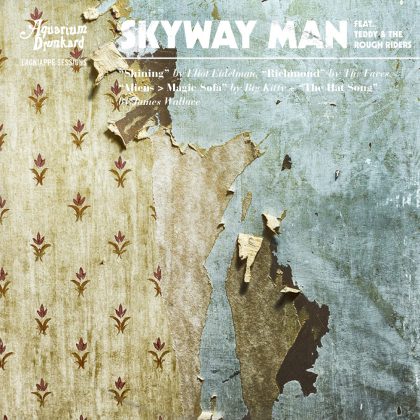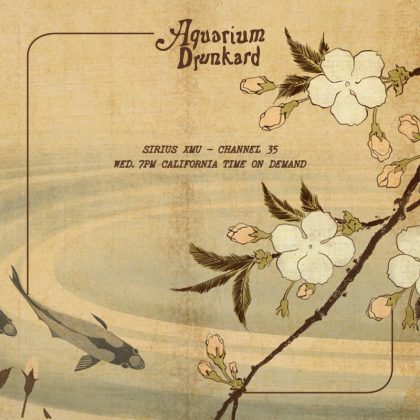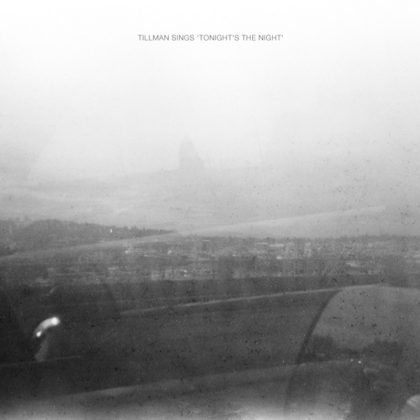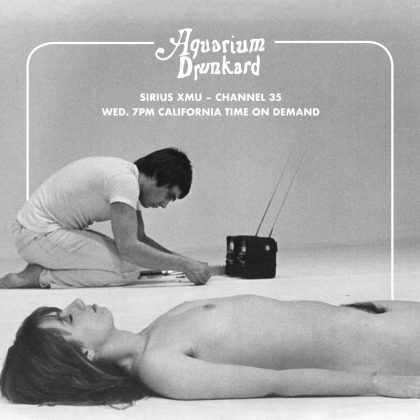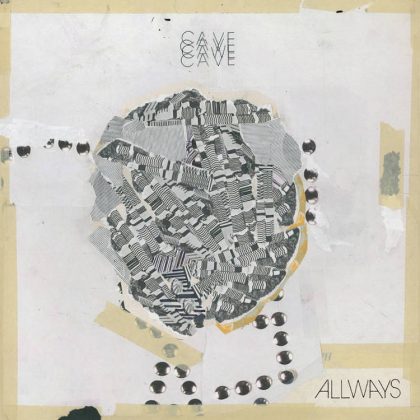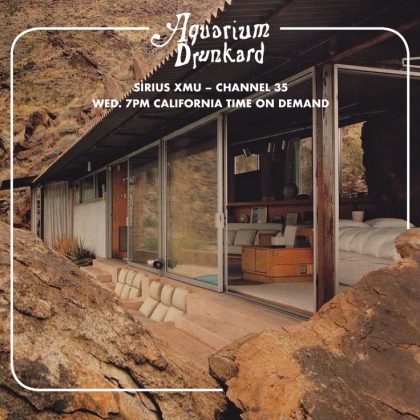Angelenos: Thursday, December 13, at Beyond Baroque in Venice, noted author, music historian, and friend of Aquarium Drunkard Pat Thomas will host a live Q&A discussion with Ronnie Schneider, manager of the Rolling Stones’ mythic 1969 tour — documented the classic film Gimme Shelter—about his new book Out Of Our Heads: Rolling Stones, Beatles and Me. Schneider’s career dispenses with the “Beatles or Stones” binary; he worked extensively with both . . .
Only the good shit. Aquarium Drunkard is powered by its patrons. Keep the servers humming and help us continue doing it by pledging your support.
To continue reading, become a member or log in.
